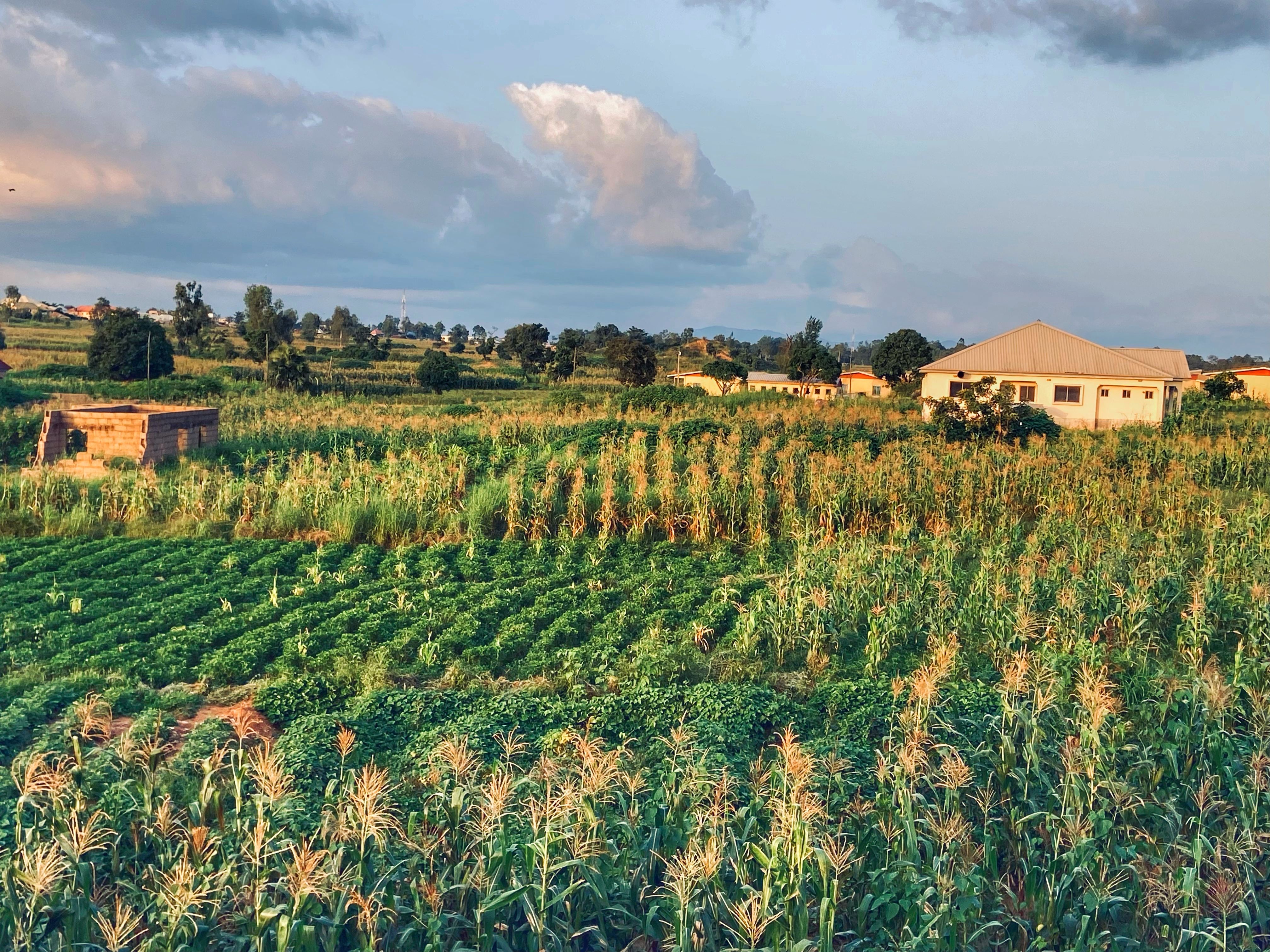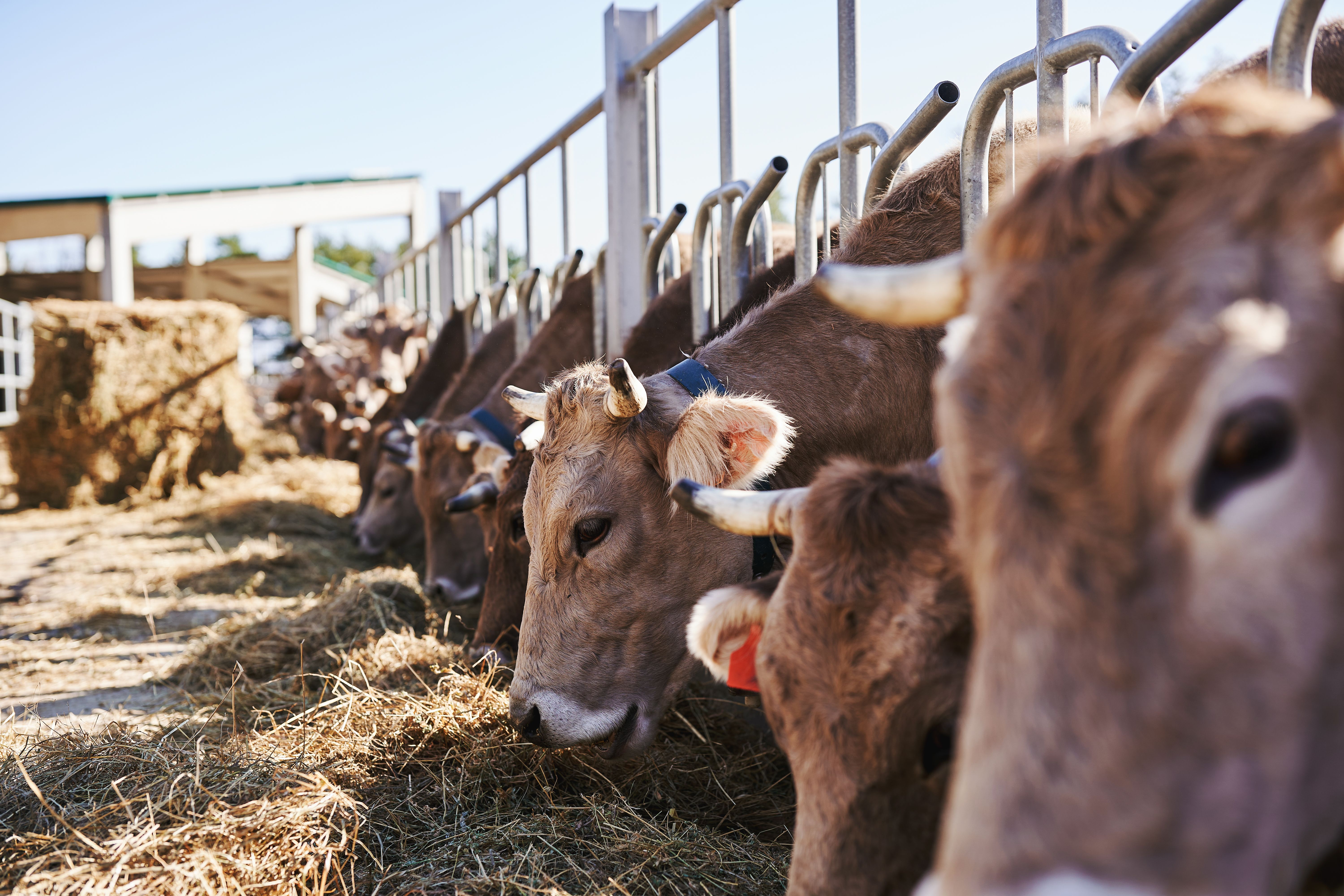Boosting Nigeria's Economy through Agriculture, Livestock, and Fisheries
The Role of Agriculture in Nigeria's Economic Growth
Agriculture has long been the backbone of Nigeria's economy, providing livelihoods for a significant portion of the population and contributing substantially to the country's GDP. As the nation strives to diversify its economy, investing in agricultural development becomes even more crucial. By enhancing agricultural practices, Nigeria can secure food self-sufficiency and foster economic growth through exports.
One of the key areas for improvement is the modernization of farming techniques. Adopting technology-driven solutions can significantly boost productivity and yield. For instance, the use of high-quality seeds, fertilizers, and irrigation systems can transform traditional farming into a more robust and sustainable industry. Furthermore, the integration of agritech solutions can streamline processes and provide farmers with valuable insights.

The Potential of Livestock Farming
Livestock farming in Nigeria offers immense potential for economic advancement. It not only supports food security but also contributes to job creation and poverty alleviation. With a vast expanse of arable land and diverse climatic conditions, Nigeria is well-positioned to expand its livestock sector.
To realize this potential, there is a need for improved animal husbandry practices and better veterinary services. Investing in disease control measures and health management systems can enhance livestock productivity. Additionally, establishing efficient supply chains can ensure that livestock products reach markets swiftly, reducing waste and increasing profitability.

Challenges and Opportunities in the Fisheries Sector
The fisheries sector is another critical component of Nigeria's agricultural landscape. Despite being blessed with rich aquatic resources, the sector faces numerous challenges, including overfishing, pollution, and inadequate infrastructure. Addressing these issues requires a concerted effort from both the government and private stakeholders.
Opportunities abound in aquaculture, which can supplement traditional fishing methods and increase fish production sustainably. By investing in aquaculture technology and training local communities, Nigeria can boost its fish supply while preserving natural water bodies. This approach not only enhances food security but also opens up new avenues for export.

Government Policies and Support
Government intervention is vital in steering Nigeria's agricultural sector towards prosperity. Policies that promote research and development, provide financial support to farmers, and encourage private sector investment are essential. Such policies create an enabling environment where agriculture, livestock, and fisheries can thrive.
Furthermore, establishing public-private partnerships can accelerate innovation and drive sectoral growth. By working collaboratively, stakeholders can leverage resources and expertise to overcome challenges and improve the overall competitiveness of Nigeria's agricultural products on the global stage.

Conclusion: A Pathway to Sustainable Development
Nigeria's journey towards economic rejuvenation lies in its ability to harness the potential of agriculture, livestock, and fisheries. By focusing on modernization, infrastructure development, and policy support, Nigeria can transform these sectors into powerful engines of growth. This transformation not only promises economic benefits but also ensures food security and a better quality of life for millions of Nigerians.
Embracing these opportunities requires a collective effort from all stakeholders—from farmers to policymakers. By working together, Nigeria can pave the way for a prosperous future driven by its rich agricultural heritage.
